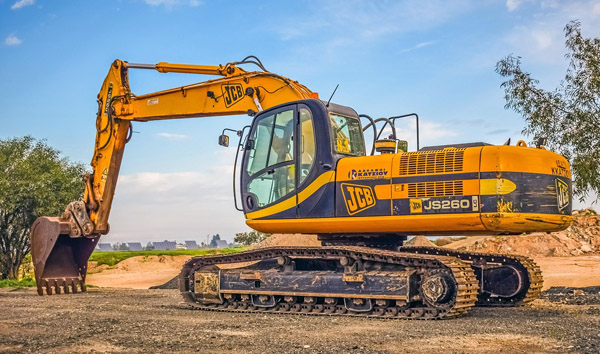The Evolution of Loader Technology: Efficiency and Sustainability in Modern Construction
2025-07-06 03:10:27
loaders have become indispensable in construction and mining, evolving with advanced technologies to enhance efficiency and reduce environmental impact. This report explores the latest innovations in loader design, operational efficiency, and sustainability measures shaping the industry. Content
The construction and mining industries rely heavily on loaders for material handling, excavation, and site preparation. Modern loaders are engineered with precision hydraulics, automated controls, and fuel-efficient engines to maximize productivity. According to industry reports, the global loader market is projected to grow at a CAGR of 4.8% by 2030, driven by infrastructure development and automation trends.
One of the key advancements in loader technology is the integration of telematics and IoT-enabled systems. These innovations allow operators to monitor machine performance in real-time, optimizing fuel consumption and reducing downtime. Leading manufacturers have introduced AI-driven predictive maintenance for loaders, cutting repair costs by up to 25% while extending equipment lifespan.
Sustainability is a major focus in loader development, with hybrid and electric models gaining traction. A recent study by the International Council on Clean Transportation (ICCT) found that electric loaders can reduce carbon emissions by 30-50% compared to diesel counterparts. Governments worldwide are incentivizing cleaner loader alternatives, accelerating adoption in urban construction projects.
Loaders are also being designed with enhanced operator comfort and safety features. Ergonomic cabins, 360-degree visibility, and collision avoidance systems minimize workplace accidents. Industry data reveals that modern loaders equipped with such features have lowered injury rates by 18% in high-risk environments like mining and heavy construction.
Looking ahead, autonomous loaders are set to revolutionize the sector. Pilot programs in Australia and Scandinavia have demonstrated that self-driving loaders can operate 24/7 with minimal human intervention, boosting efficiency by 35%. As automation and electrification trends converge, the future of loader technology promises unprecedented productivity and eco-friendliness.














